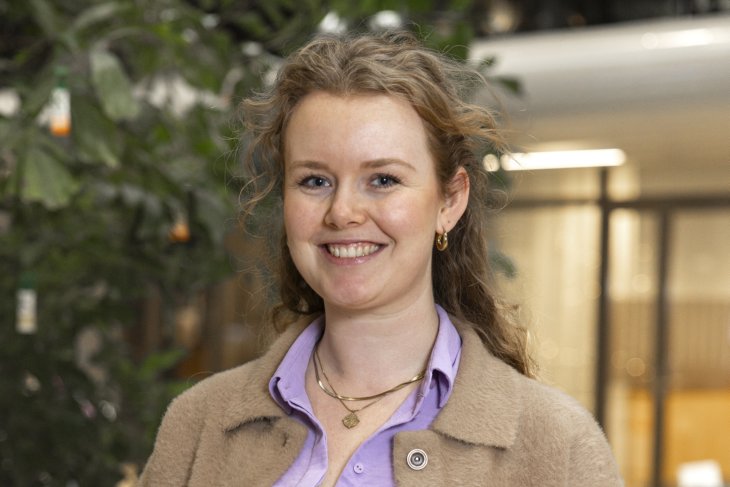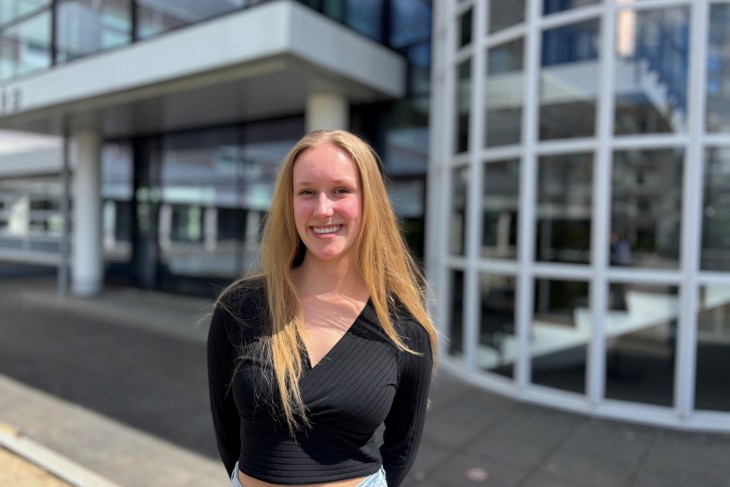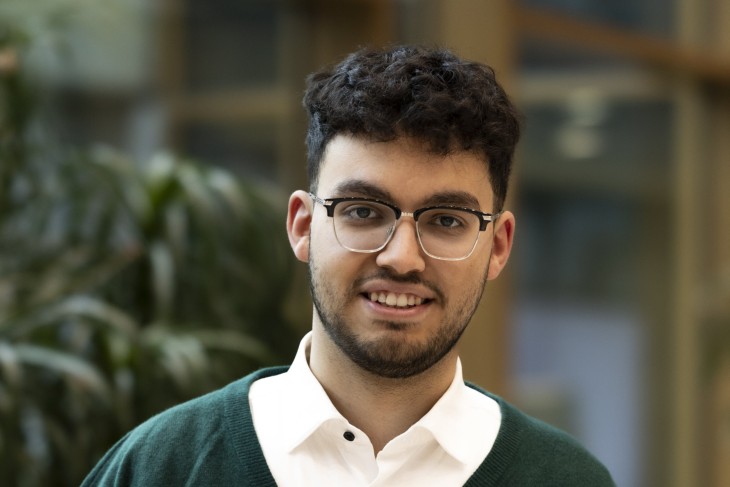“My journey began with a Bachelor's in International Business and Languages at Saxion University of Applied Sciences. I was drawn to the public sector, so European Studies appealed to me because of its focus on politics and public institutions: for example, how are European laws made, how are they evolving, and how can they be influenced?
I chose the University of Twente for several reasons. I was already living in Enschede, but what made me choose it was its unique approach to European Studies. It incorporates a technical perspective — and no, you don’t need to be a tech expert. It’s more about understanding how emerging technologies influence policy-making and governance.
For instance, when we discuss border control, we don’t focus only on the legal aspects; we also delve into the ethical implications of using AI or facial recognition. We explore how algorithms or social media can shape public debates, potentially leading to groupthink or polarisation.
Driving change
The programme is broad and covers European governance while it connects it to national and local governments. I’m learning how decisions are made, how they affect people's lives, and how I can influence those decisions in a way that makes society a better place to live.
I recently worked on a paper about an important EU law proposal that aims to ban the sale of products made with forced labour. Basically, the idea is that any product sold in Europe needs to prove it wasn't made using forced labour. This doesn't apply only to goods made in Europe but also to anything we import from other countries. So, if there's even a hint that forced labour was involved in making any part of the product—like the raw materials—you can't sell it here, leading to companies around the world improving labour conditions.
Real-world impact
As I want to focus on policies that affect people’s lives, my thesis project is centred on how newcomers—people who’ve fled their countries and got a residence permit—are integrating into the Netherlands.
A lot of current policies focus on teaching them the language and helping them find jobs, which is, of course, important. But integration is more than that. It’s also about building social connections, feeling a sense of belonging, and having a solid legal footing. So, I’m examining policy documents to see if these other factors are being considered. I’d like those people's integration to be seen as a bigger picture and not just as ticking off a couple of boxes.
Career
I’m excited about how everything I’m learning in my master’s is coming together with my work. I am studying part-time while working at the municipal government, particularly in integration, which is where my thesis topic comes from. This means I get to implement what I learn right into my work, which is amazing!
Working while studying has been great for me because I’m already contributing to society and building my network. I can’t wait to start my new job as a public affairs advisor within the same organisation, where I’ll be even more involved in shaping policy.”




